
Prime Minister Pham Minh Chinh delivers the opening speech at the high-level discussion session on October 25 - Photo: VGP
On the afternoon of October 25, within the framework of the signing ceremony of the United Nations Convention against Cybercrime ( Hanoi Convention), a high-level discussion session took place with the participation of representatives of more than 110 countries and many international and regional organizations.
Prime Minister proposed "5 steps"
In his opening remarks at the discussion, Prime Minister Pham Minh Chinh emphasized that digital transformation is not only an inevitable trend and an objective requirement, but also a strategic choice and top priority for every country to develop rapidly and sustainably. However, it also comes with unprecedented risks such as cybercrime and cyberattacks.
"This is a common challenge for all humanity, comprehensive, national, and global: Without strong cybersecurity, there will be no safe digital society!", the Prime Minister emphasized.
Realizing that ensuring cybersecurity and fighting cybercrime are the pillars and "backbone" of the national digital transformation, Vietnam has issued many strategies, laws, and action programs to combat this type of crime.
At the same time, Vietnam also changed its strategic thinking from "passive defense" to "active, aggressive attack", building a "proactive, comprehensive cyber security posture", and gradually improving its "self-reliance - self-reliance - self-strengthening" capacity in cyber security.
Thanks to that, Vietnam has achieved positive results, affirming its position in the group of 46 leading countries in cyber safety and security.
Vietnam is also internationally recognized as a "model" with high commitment and capacity in cybersecurity, ranking 16th. world, 3rd in ASEAN and 4th in Asia - Pacific in this field according to the Global Cybersecurity Index Report 2024 of the International Telecommunication Union.

Prime Minister Pham Minh Chinh sends message to delegates of countries - Photo: VGP
According to the Prime Minister, the signing of the Hanoi Convention is just the beginning of a long journey ahead and no country is strong enough to fight cybercrime alone. Vietnam believes that only with concrete actions and the joint efforts and consensus of all countries can the convention truly become an effective tool contributing to protecting a peaceful, stable and developing environment for humanity.
In that spirit, Prime Minister Pham Minh Chinh called on countries to join hands in implementing "5 steps" in the process of implementing the Hanoi Convention.
The first is to promote international cooperation and establish a close partnership network between countries, international organizations and technology corporations. The head of the Vietnamese Government also called for accelerating the completion of each country's legal framework in accordance with the provisions of the convention; and promoting investment cooperation in cyber security infrastructure.
Third, promote the development of specialized human resources, improve the capacity to investigate, respond to and handle cybercrime. Fourth, promote awareness of cyber security and digital skills for all citizens. Finally, promote participation in building an international legal framework on cyberspace, contributing to building a safe, fair and rule-based digital order.
Prime Minister Pham Minh Chinh stressed that Vietnam is committed to fully and seriously implementing all its obligations and accompanying member countries to implement the Hanoi Convention in a practical and effective manner.
At the same time, Vietnam will continue to play a bridging role, encourage dialogue, enhance strategic trust between countries in the field of cybersecurity and promote the motto "no one is left behind in the digital age".
Countries determined to implement the Hanoi Convention
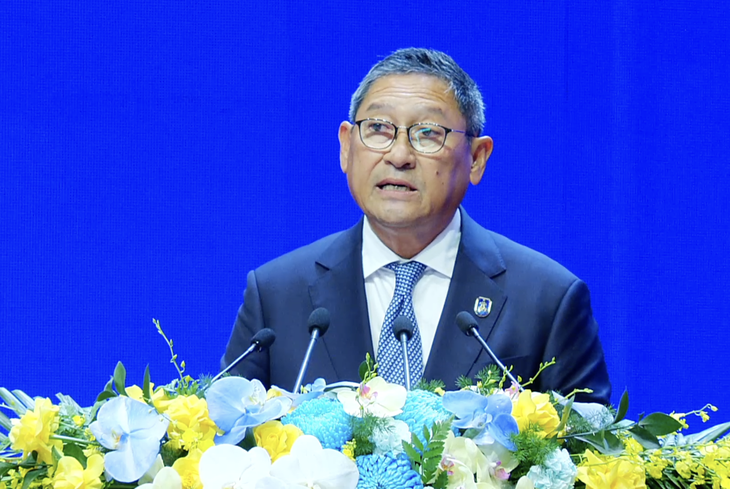
Cambodian Deputy Prime Minister Sok Chenda Sophea speaks at the high-level discussion session - Photo: UNTV
Following the Prime Minister's opening remarks, representatives of 18 countries spoke in praise of the role of the Hanoi Convention, considering it an important step in building the first global legal framework to coordinate joint efforts to respond to cybercrime.
Many opinions expressed national commitments to combating cybercrime and international cooperation in sharing information and evidence, developing common standards for cyberspace management, capacity building and technical assistance.
Countries also highly appreciated Vietnam's leadership role through hosting the signing ceremony, affirming their determination to work together to bring the convention into life and implement it effectively and fully.
According to the Vietnamese Ministry of Foreign Affairs, in his message to the discussion session, Russian President Vladimir Putin congratulated the United Nations members for their solidarity and consensus in adopting a universal international treaty on combating cybercrime. He also emphasized: "Russia is always ready to cooperate most closely with the international community" in this field.
Vice President of Ecuador María José Pinto emphasized the view that technological development must go hand in hand with promoting human security. She said that ensuring cyber security is not only about ensuring data security but also about ensuring human rights and humanity, especially protecting children - the most vulnerable.
The Speaker of the House of Representatives of Uzbekistan called for ensuring that cyber security should be an essential part of national security, while the Deputy Prime Minister of Poland called on countries to continue maintaining consensus in building additional protocols and cooperating to strengthen capacity to combat cybercrime.
Cambodian Deputy Prime Minister Sok Chenda Sophea affirmed his commitment to building cybersecurity capacity and protecting citizens from cyber threats. The Cambodian government is building important partnerships with the private sector to strengthen cybersecurity control.
The Cambodian representative also affirmed that the country is committed to implementing the agreements in the Hanoi Convention, expressing the desire to cooperate closely with all UN member states to turn its capacity into action.
Also at the high-level discussion session, the Australian representative pledged to invest 83.5 million AUD in the Cyber Security Program in Southeast Asia and the Pacific.
Source: https://tuoitre.vn/thu-tuong-viet-nam-da-chuyen-tu-phong-thu-bi-dong-sang-chu-dong-tien-cong-toi-pham-mang-20251025185731394.htm




![[Photo] Prime Minister Pham Minh Chinh and United Nations Secretary-General Antonio Guterres attend the Press Conference of the Hanoi Convention Signing Ceremony](https://vphoto.vietnam.vn/thumb/1200x675/vietnam/resource/IMAGE/2025/10/25/1761391413866_conguoctt-jpg.webp)
![[Photo] National Assembly Chairman Tran Thanh Man receives United Nations Secretary-General Antonio Guterres](https://vphoto.vietnam.vn/thumb/1200x675/vietnam/resource/IMAGE/2025/10/25/1761390815792_ctqh-jpg.webp)

![[Photo] Prime Minister Pham Minh Chinh receives United Nations Secretary-General Antonio Guterres](https://vphoto.vietnam.vn/thumb/1200x675/vietnam/resource/IMAGE/2025/10/25/1761390212729_dsc-1484-jpg.webp)
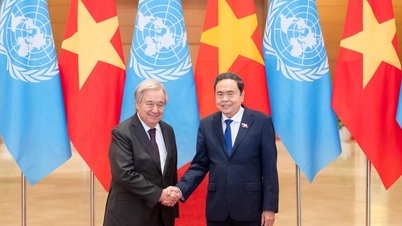

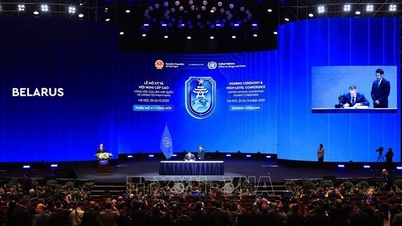

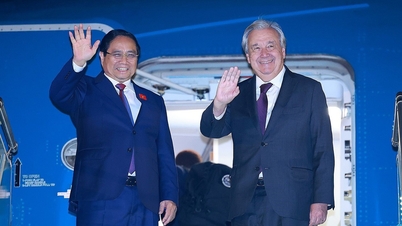

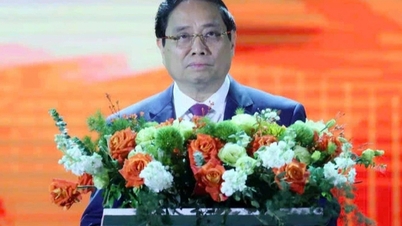
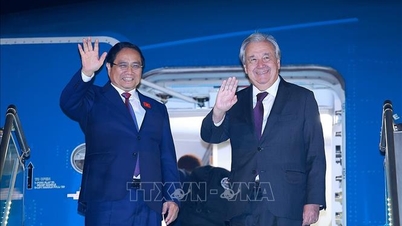
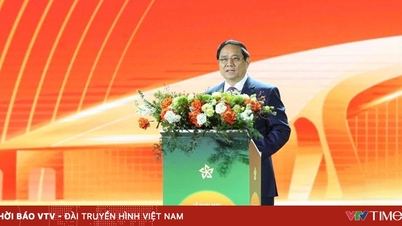


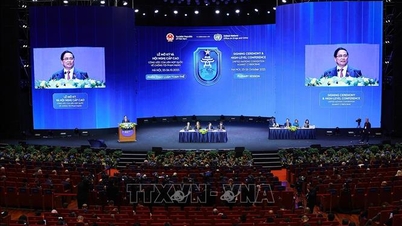
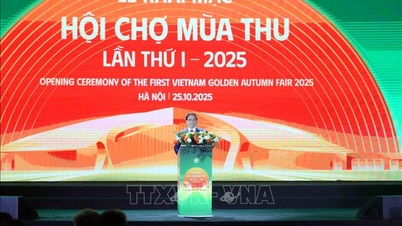
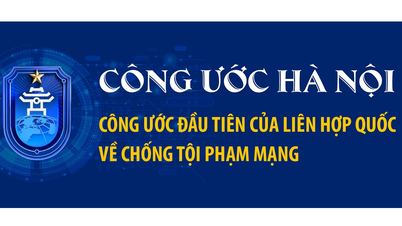
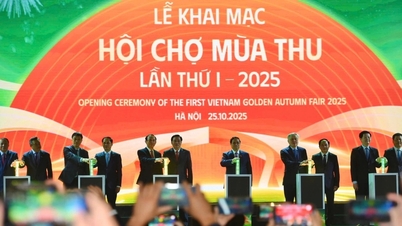





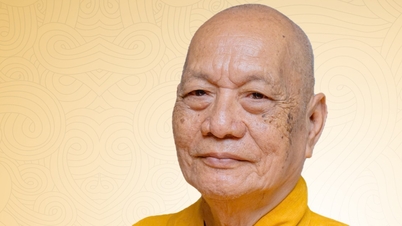





![[Photo] General Secretary To Lam meets with General Secretary and President of Laos Thongloun Sisoulith](https://vphoto.vietnam.vn/thumb/1200x675/vietnam/resource/IMAGE/2025/10/25/1761380913135_a1-bnd-4751-1374-7632-jpg.webp)



































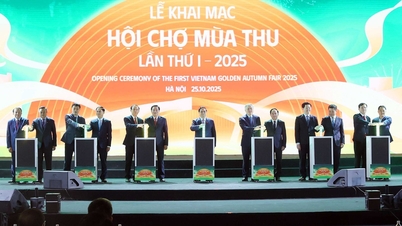
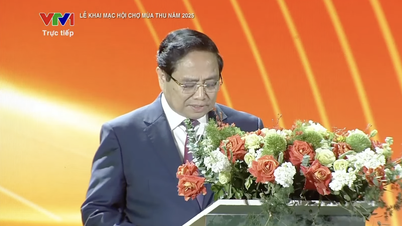




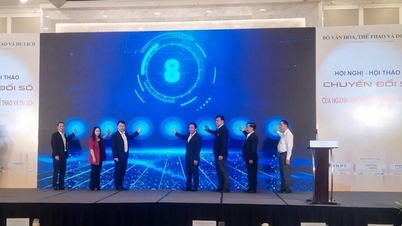

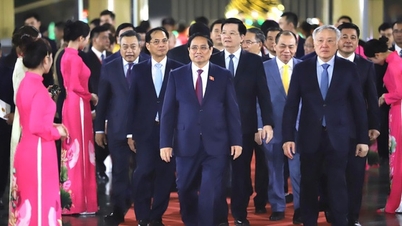
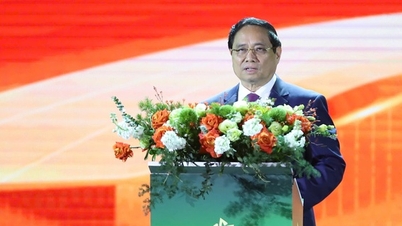
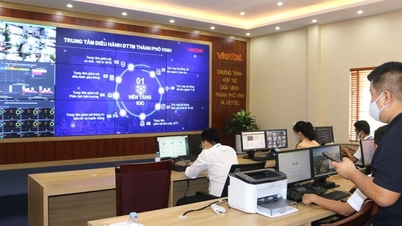

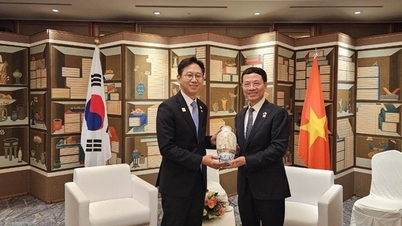
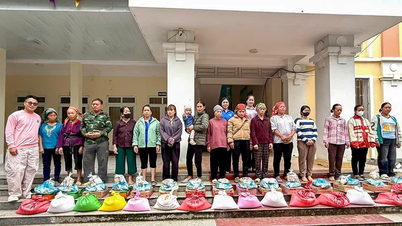


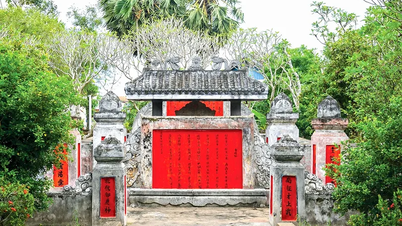
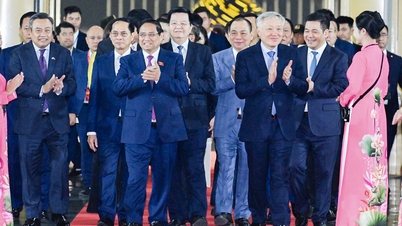



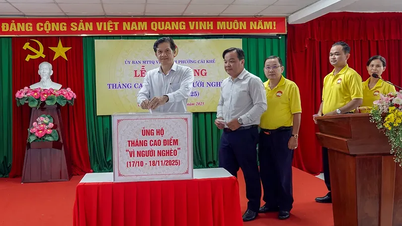












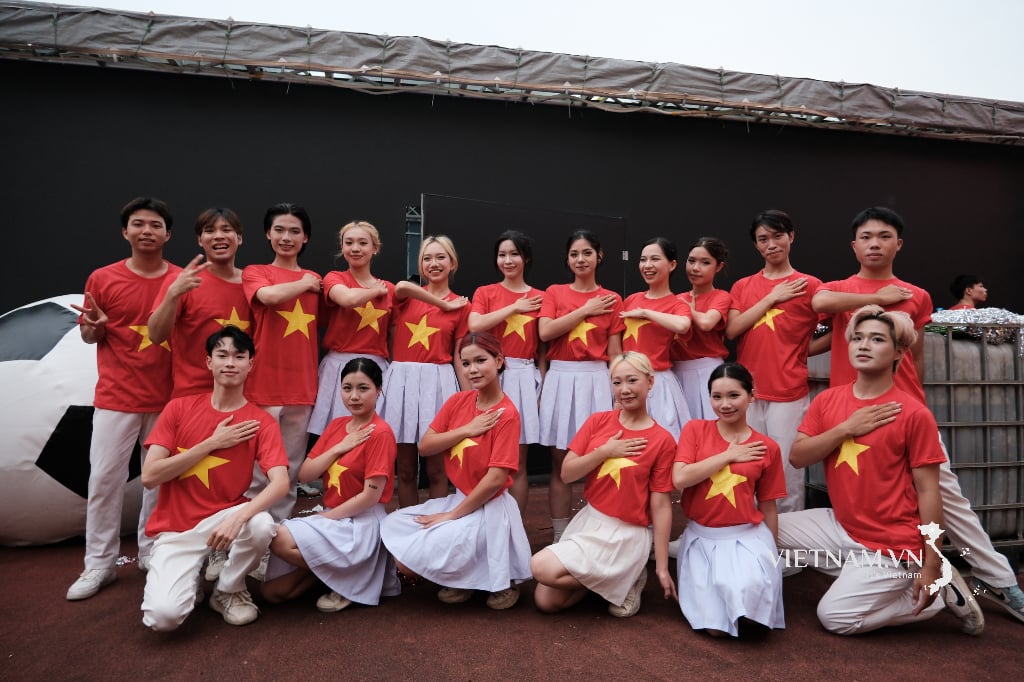


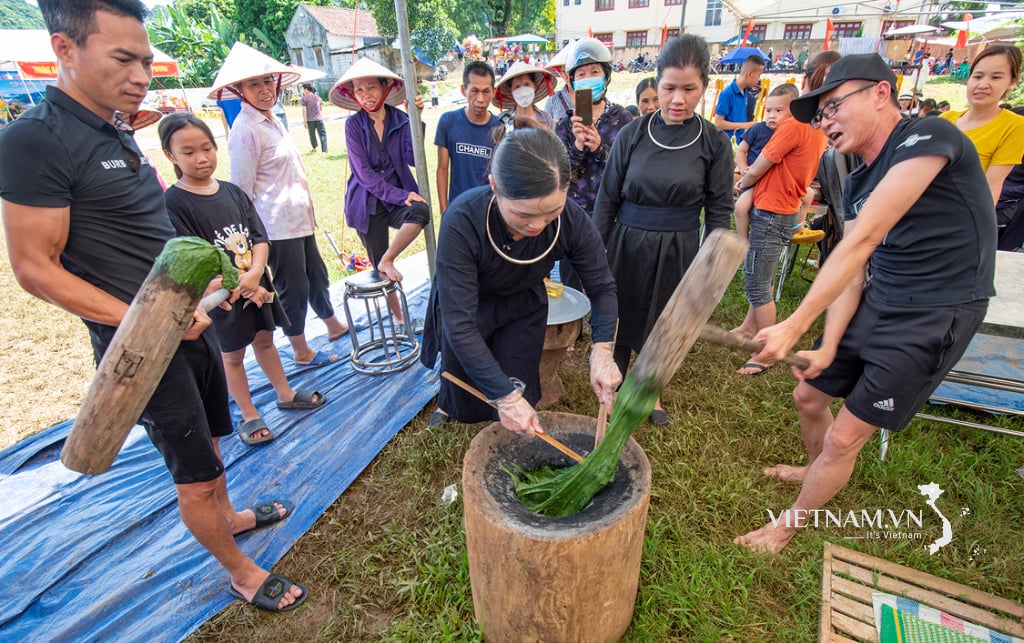
Comment (0)